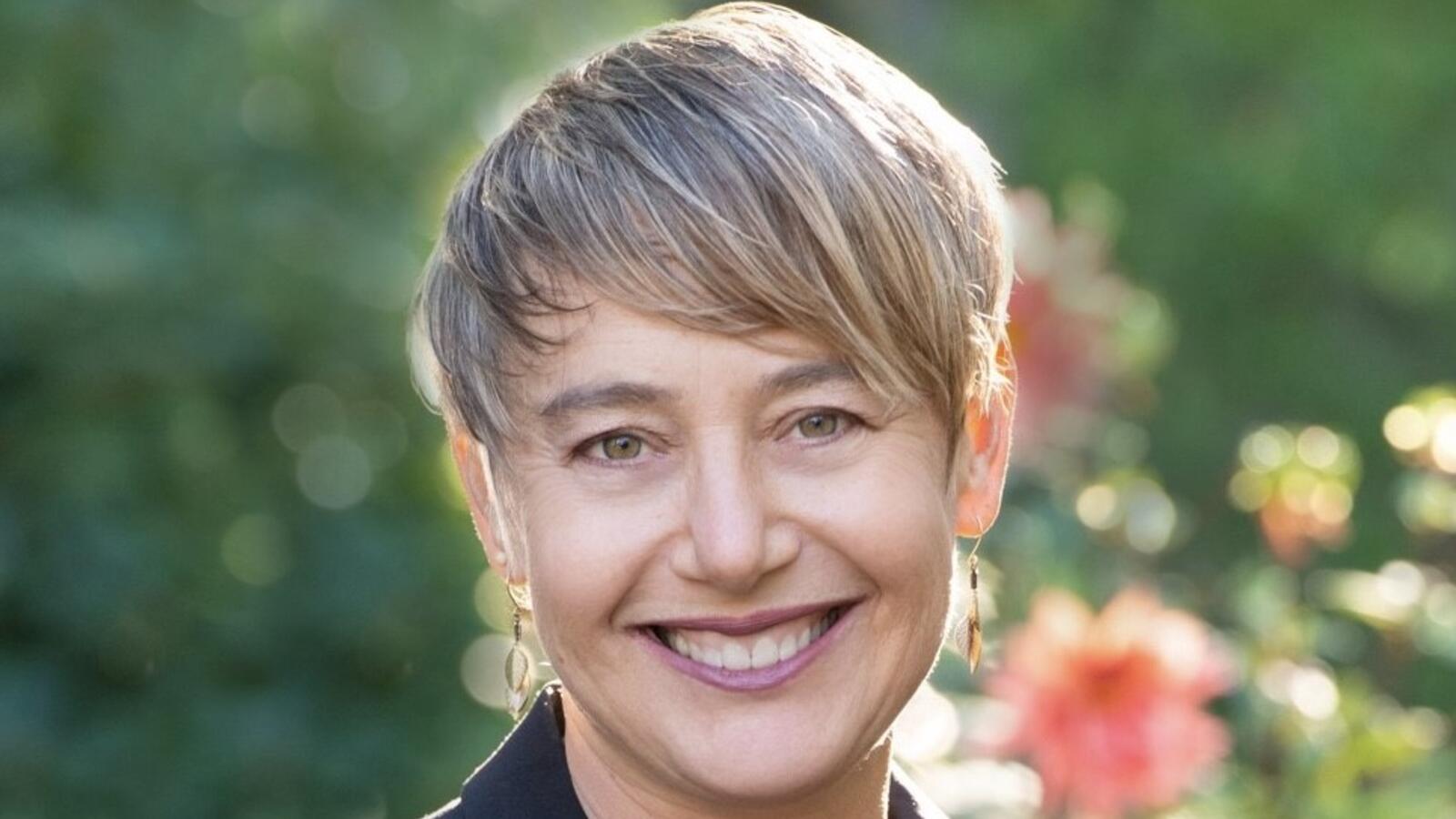What is your most enduring memory of your time at Yale?
Of course, it is so hard to pick just one! But a moment that stands out for me most vividly is on National Coming Out Day in October 1993. I had been coming out gradually to people close to me for over a year, but that day, I decided, I needed to step up to the mic – literally – and declare my identity, with pride, to the world (or whoever happened to be walking by Cross Campus at that particular moment).
I distinctly remember standing among the 100 or so people who had congregated to hear people's coming out stories and declarations. I stood with the crowd for a few minutes, starting at the mic and the small trail of people behind it waiting to take their turn. And then I stepped out of the crowd and into the line behind the mic. In the years that followed, I would face virulent homophobia in my first years out of college in Israel and then in many parts of the U.S. over the past 25 years. And yet, the sense of raw, wholly exposed vulnerability I felt at that moment of stepping into the line represents the most potent moment of fear I have ever faced. It also was deeply, deeply thrilling. And when I took the mic and told the crowd assembled there that I am bisexual, I floated through the air on their cheers and applause.
How has your identity shaped your Yale experience?
Identity was core to my Yale experience. I hit Old Campus eager to learn what hadn't been available to me in high school, so my first-semester syllabus included women's history and African American literature courses. I also got involved in Jewish life on campus right away, finding a home in Yale Hillel which in those years offered an impressively vibrant array of offerings out of the basement of Bingham Hall.
When I came out in the fall of 1993, immediately after speaking publicly at National Coming Out Day, it was important to me to share the message with the Jewish community that was my primary home at Yale. I will always remember asking for time to share a few words at a Hillel executive committee meeting. My voice trembled a bit as I talked about how I was the only out person in the Yale Jewish community, how I didn't feel comfortable holding my girlfriend's hand at Shabbat dinners, and how of course I was not the only LGBTQ+ Jew at Yale, so what were we going to do to change that? The majority of Jewish leaders on campus at the time were entirely supportive of me, including the Hillel rabbis, but there was a vocal minority of undergrads who saw things differently. They urged for me to be asked to resign from my various leadership positions. Thankfully, that didn't even come close to happening, and I did not remain the only out queer Jew for long.
No one encouraged me at the time to become a professional queer Jew, but in retrospect, it was that experience of coming out alone and then my activism bringing queer and Jewish communities together at Yale, that laid the seeds for the work I do today.
What is your hope for the future of the Yale alumni community?
My hope for the Yale alumni community is that we continue to find ways to support and connect with one another meaningfully. There is such extraordinary power in this community.
What advice would you give to fellow or future Yalies?
Drink from the fountain that is Yale with abandon! You are entering a community with powerful exuberance, vision, and imagination. Jettison what you think you should do and get clear about what you want to do, and then go for it.





